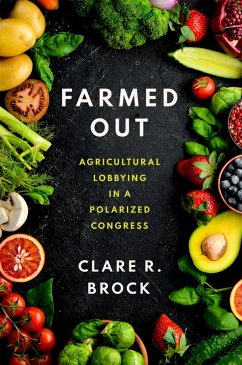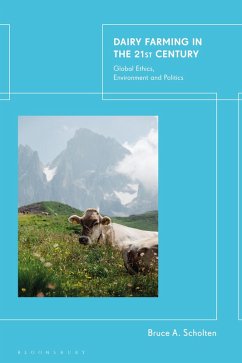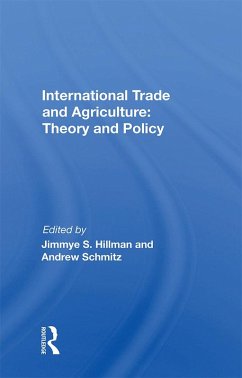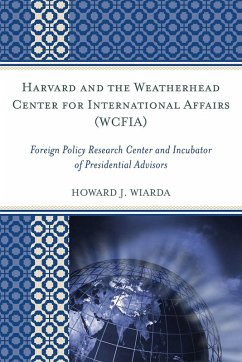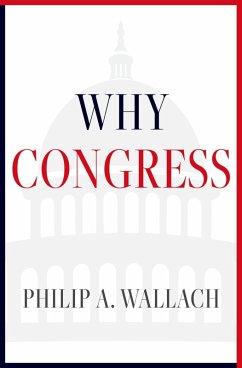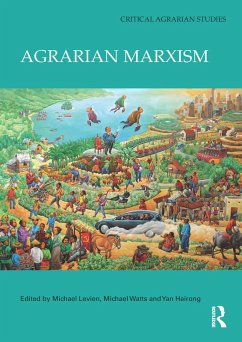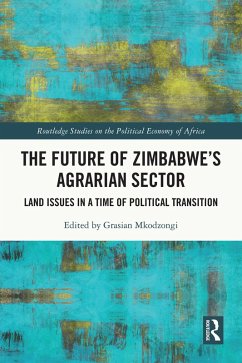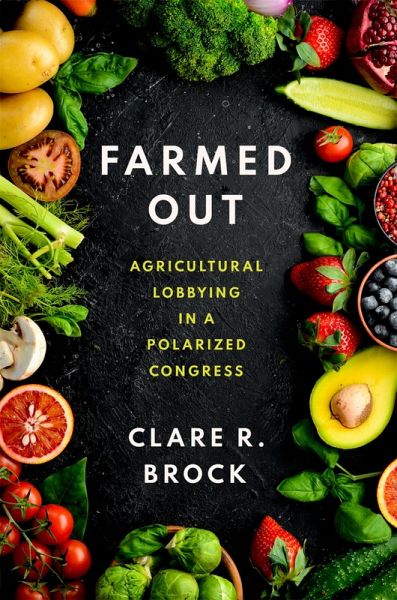
Farmed Out (eBook, ePUB)
Agricultural Lobbying in a Polarized Congress
Versandkostenfrei!
Sofort per Download lieferbar
13,95 €
inkl. MwSt.
Weitere Ausgaben:

PAYBACK Punkte
7 °P sammeln!
Interest groups have a tremendous impact on public policy. Congressional capacity for research and fact-finding is at a historical low, and interest groups have rushed in to fill the gap. They effectively act as adjunct staffers by providing members of Congress with the necessary information to write legislation. Of course, none of this is done for free. Lobbying groups influence the content of policy in ways that further their own agendas. How have interest groups modified their strategies in response to the newly polarized and information-sparse political climate? And what are the implicatio...
Interest groups have a tremendous impact on public policy. Congressional capacity for research and fact-finding is at a historical low, and interest groups have rushed in to fill the gap. They effectively act as adjunct staffers by providing members of Congress with the necessary information to write legislation. Of course, none of this is done for free. Lobbying groups influence the content of policy in ways that further their own agendas. How have interest groups modified their strategies in response to the newly polarized and information-sparse political climate? And what are the implications for interest groups' influence over the content of policy? In Farmed Out, Clare R. Brock uses U.S. agricultural policy as a vehicle to explain how the rapidly polarizing political environment has altered the role of interest groups in Washington. Drawing on over two decades of lobbying behavior data in the agricultural sector, Brock argues that polarization has given interest groups greater influence over policy content, particularly among their ideological and partisan allies. Brock's findings suggest that lobbyists increasingly work on an extended time horizon, often with cross-cutting coalitions, in order to pursue policy outcomes that once might have been easy asks. As a result, lobbying influence appears to increasingly be skewed toward those interest groups who have the capacity to maintain a long-term presence on the Hill--in other words, affluent and relatively wealthy groups whose concerns might not reflect the preferences of most Americans. Farmed Out makes an important and original contribution to our understanding of how interest groups now operate within a context of heightened polarization, lengthened time horizons, and declining institutional capacity.
Dieser Download kann aus rechtlichen Gründen nur mit Rechnungsadresse in A, B, BG, CY, CZ, D, DK, EW, E, FIN, F, GR, HR, H, IRL, I, LT, L, LR, M, NL, PL, P, R, S, SLO, SK ausgeliefert werden.




